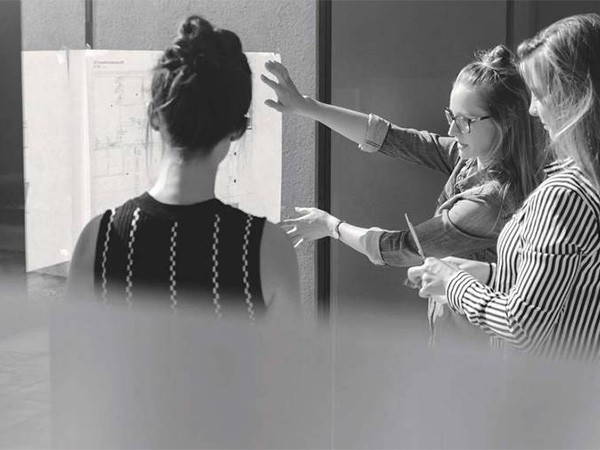Investing in women
A new era of economic engagement is unfolding, led by a generation of women with diverse experiences and expertise. Together they are building a legacy of equality and shared prosperity that will benefit everyone.
UBS
Breaking barriers in economics
The Nobel prize-winning economist’s ground-breaking research into female labour participation sheds light on inequality and offers solutions for a more equitable future.
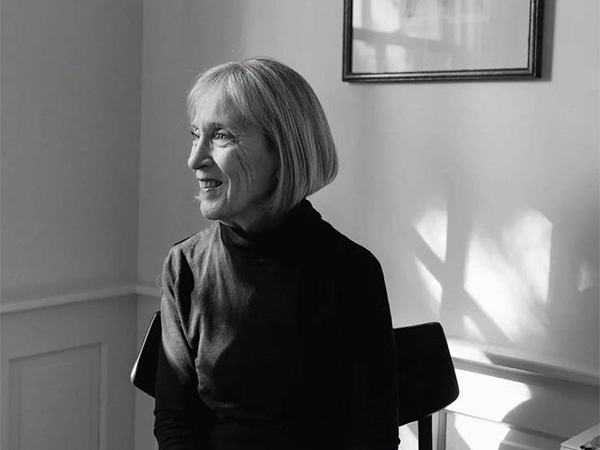
UBS
The opportunity of equality
“It is important that we raise awareness and showcase more female role models. We need to change the perception of what a successful founder looks or sounds like.”
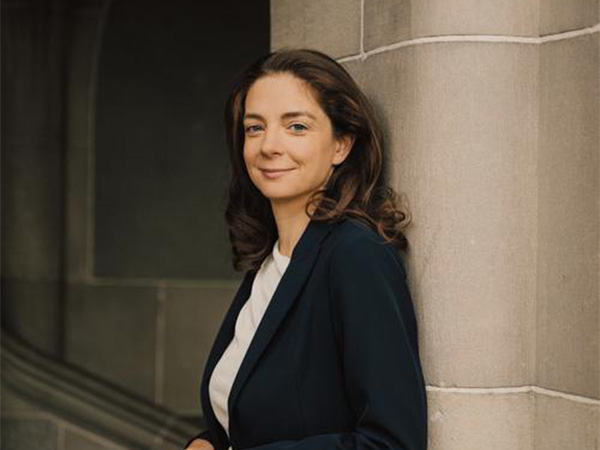
UBS
Empowering financial futures
‘As a start-up in the fintech space, it’s fantastic to partner with UBS and learn valuable insights for our business.’
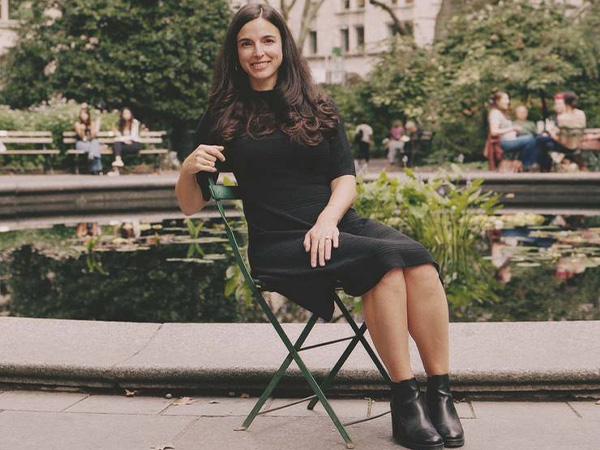
UBS
Advocating for all women
Business leader Rania Anderson draws on her wealth of diverse experiences to show women new paths to success.
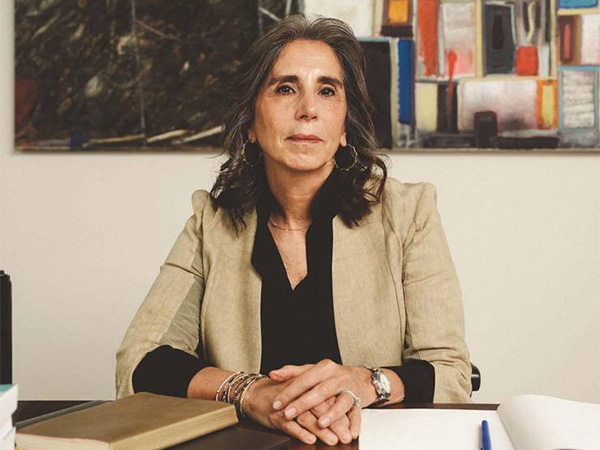
UBS
Wisdom to bring about change
Engage with Nobel laureates for transformative economic expertise and solutions to global challenges.
